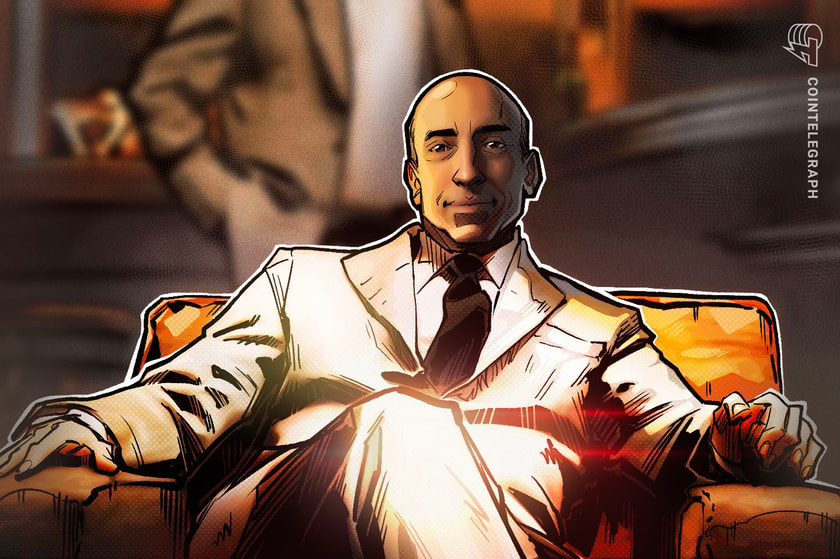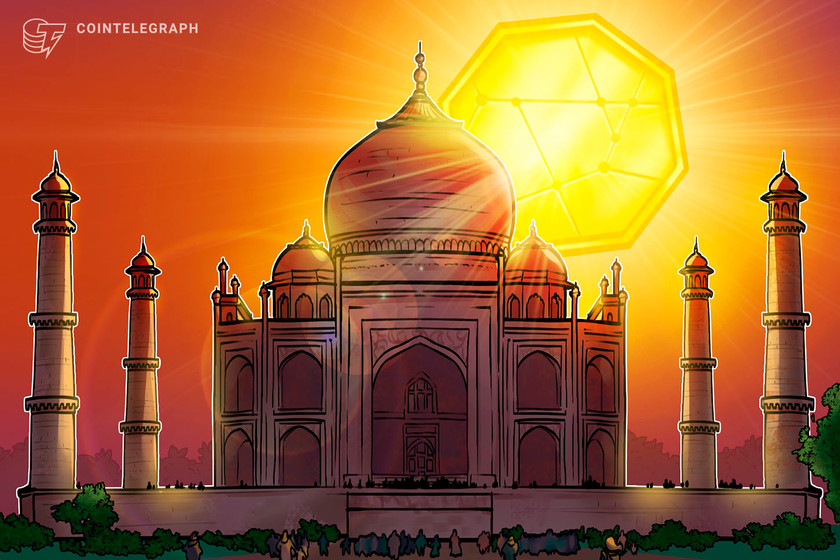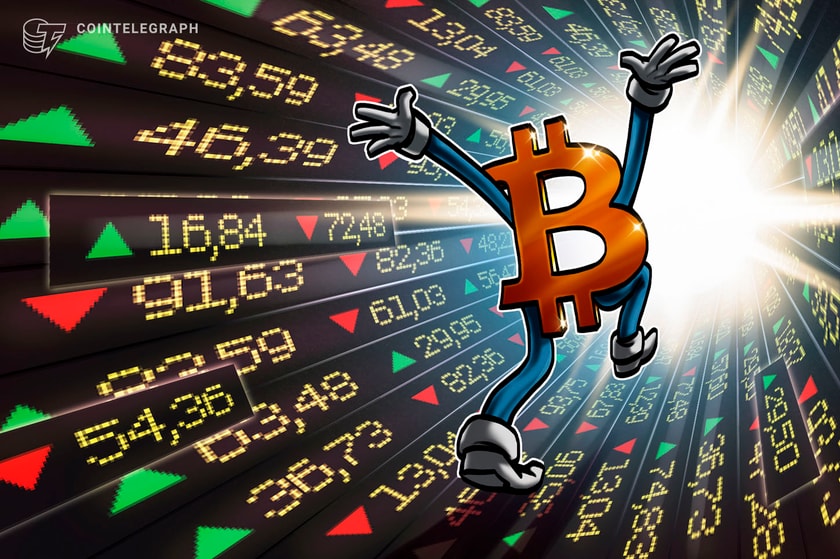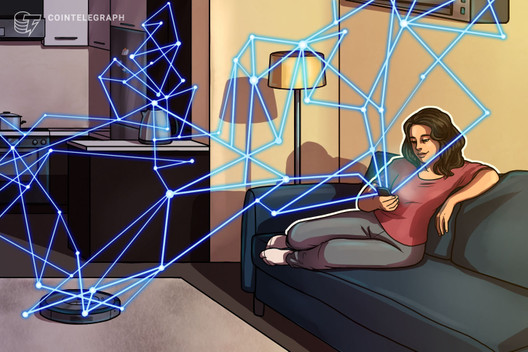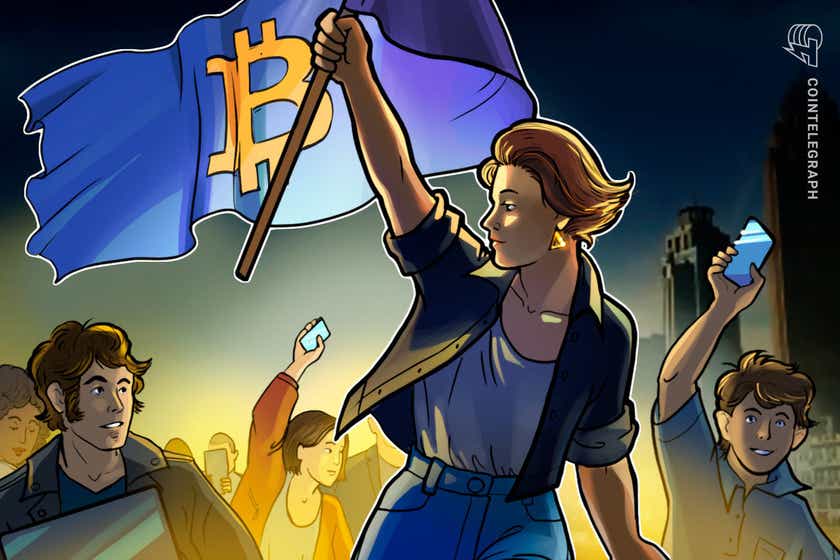South Korean regulator is wary of NFT-based games
The South Korean gaming regulator is reluctant to embrace NFTs.

The South Korean blockchain gaming industry is concerned regulators are looking unfavorably on non-fungible token based games, after the Game Rating and Administration Committee (GRAC) postponed an application for the NTF-based Five Stars on September 22.
According to iNews24, the watchdog decided to hold off from issuing a rating for Five Stars, a game developed by South Korean tech giant, Kakao. The company is well-known for its recent ventures in the local crypto industry.
Non-fungible tokens, or NFTs, are crypto tokens that are each verifiably unique, despite being issued under the same specifications as other tokens of their kind.
Local legislation requires the GRAC to give a rating to any video game — online or offline — created by South Korean firms before it is released to the public. As of press time, the GRAC has not yet given an official reason why they delayed the application submitted by the developers of Five Stars application.
However, iNews24 suggests that the “highly probable” reason for the delay is the forthcoming implementation in 2021 of the Special Payment Act, which strengthens the rules on anti-money laundering (AML) for financial services, including crypto. This has led to speculation that NFT-based games may be required to implement KYC to allow users to trade with each other in future.
This is not the first time that a blockchain-based game has had issues with their approval by the gaming regulator. Infinity Start, an NFT-related game manufactured by local firm NodeBrick, didn’t get the green light by the GRAC in 2019.
At that time, the regulator explained that they couldn’t grant a rating to a game whose items could be bought, sold, and traded by the users on the Ethereum (ETH) blockchain.
Local analysts quoted by Fn News weren’t optimistic on the rejected requests filed by the firms behind those blockchain games:
“If NFT items are a problem, blockchain gaming’s death warrant has already been signed.”
Cointelegraph recently had an interview with Craig Russo, who is the Innovation Director at Polyient games — an investment firm dedicated to the creation, management, and distribution of NFTs.
He believes the NFT market has come to represent one of the “most attractive opportunities” across all digital assets, with immediate use cases already being found within the art, collectibles, and even the gaming industries.


